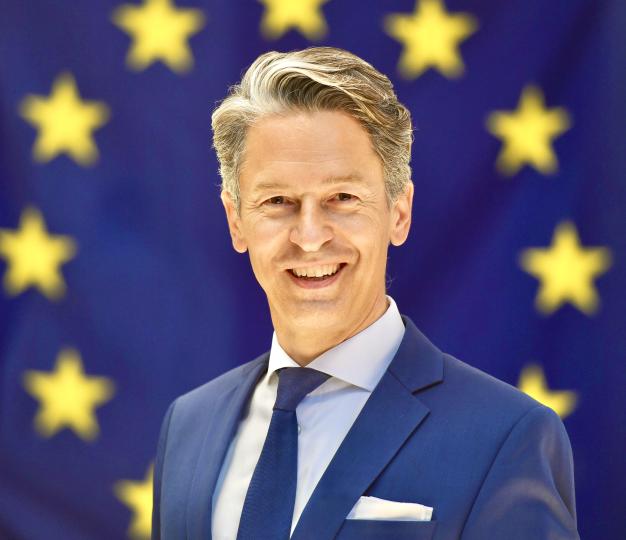The European Union (EU) has partnered with the German Development Agency to commit a grant of EUR 6.25 million (UGX 25.7 billion) as a form of support for the formalisation,…
European Union, GIZ commit UGX 26 billion to skilling and equipping small scale miners


